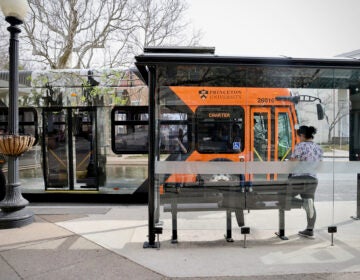Shifting Gears
Listen 49:07
Image: Life of Pix
Cars have played a fundamental role in changing our modern lives — where we live, where we work, the shape of our communities, and how we spend our money and free time. But along with new opportunities, cars have also brought negative impacts — air pollution, traffic deaths, congestion, and road rage, just to name a few. On this episode, we explore how cars have affected our world, and how we might reframe their role going forward. Also, why we often behave so badly while driving.
Also heard on this week’s episode:
- When wildlife meets cars, the results can be gruesome — and expensive. Injuries, damages, and clean up can all add up. Ecologist Kevin McLean brings us this story about the cost of roadkill in California.
- In the 1960s, drivers were more than twice as likely to die in an auto wreck than they are today. That changed thanks to improved design, and especially crash tests involving dummies. But there’s a problem with these dummies — most of them are modeled on tall men.
- We discuss our urge to rage while driving with psychologist Lisa Feldman Barrett. Also, Javier Hernandez from MIT’s media lab explains how technology and artificial intelligence sense and ease driver stress.
- Long commutes can be a serious drag. We hop in the car with one driver who commutes 60 miles each way, but manages to find moments of zen on the highway.
- Jalopnik editors Michael Ballaban and Raphael Orlove share the special relationship they and Americans have with their cars.
Segments from this episode
WHYY is your source for fact-based, in-depth journalism and information. As a nonprofit organization, we rely on financial support from readers like you. Please give today.






